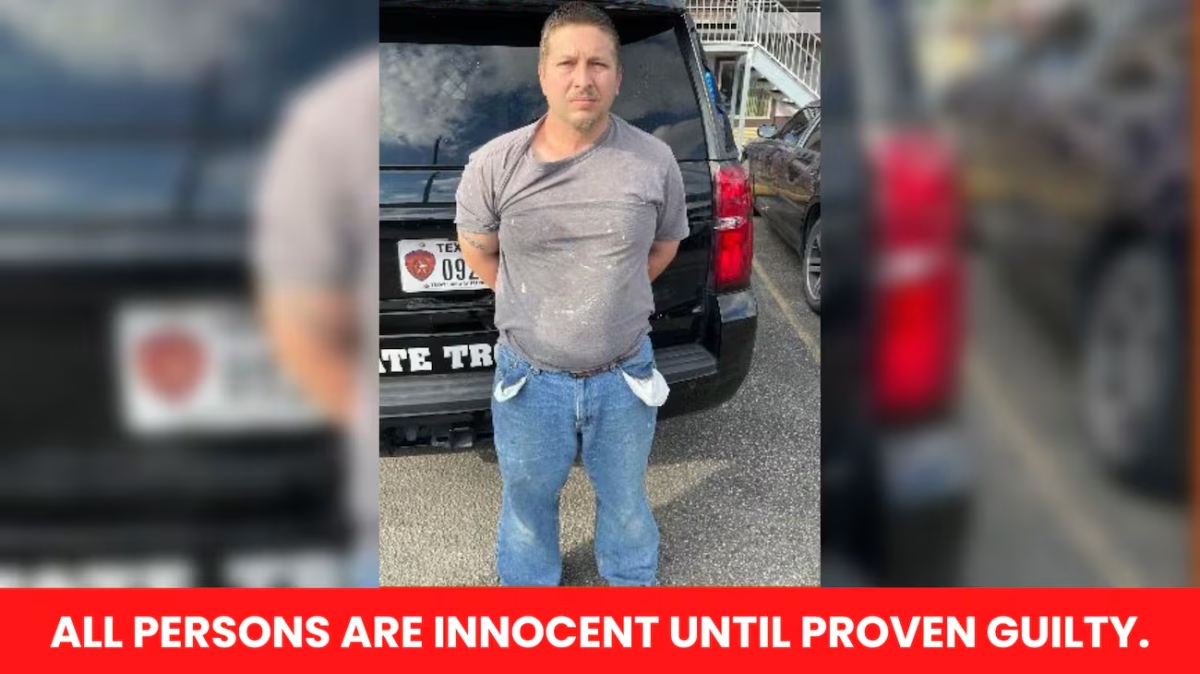NEW ORLEANS (March 10, 2017) – Ava DuVernay, director and producer of the film “13th,” the Oscar-nominated documentary exploring “the intersection of race, justice and mass incarceration in the United States, recently sat down with Oprah Winfrey during a Netflix special to talk about the film and discuss the state of our current prison system and the new administration.
Named for the 13th Amendment, which freed slaves and banned slavery, but DuVernay’s documentary contends the powers that be transformed slavery rather than abandoned it by turning black people into criminals by arresting them for petty reasons. This was a way to once again enslave freedmen. In turn, the prison population increased, and so did prison labor.
The documentary points out that while the United States holds 5 percent of the world’s population, it has ONE-FOURTH of the world’s population in prison. We have the highest prison population in the world, with 2.3 million people incarcerated, and 97 percent of them never go to trial.
The U.S. Department of Justice reported that while 12 percent to 13 percent of the U.S. population is black, 35 percent of the prison population is black as of 2014.
While she didn’t win best-documentary (that went to “O.J.: Made in America,” directed by Ezra Edelman), DuVernay has brought heightened attention to the important issue of mass incarceration, the prison industrial complex, prison as a business and people profiting on the backs of others.
According to Prison Abolition, the prison industrial complex is a term used to describe the overlapping interests of government and industry that use surveillance, policing and imprisonment as solutions to economic, social and political problems.
According to the Washington Post, the National Institute of Justice reported that Victoria’s Secret, among other companies, bought apparel from Third Generation, which had the garments made at a South Carolina correction facility. Victoria’s Secret quickly halted the association.
We can imagine the boost in profits a company could get by using a captive workforce who cannot defend even minimum wage.
DuVernay said she wanted to cover the topic of mass incarceration from both sides, so her documentary wouldn’t be biased. She also accredited curiosity and authentic interest as to why she was able to interview conservatives on the sensitive topic.
It was also important for her to tell the story from past to the current, then the future. She described the system as “cyclical” and said, “This is a system that transforms and reinvents itself.”
We live in a system that encourages prisoners to settle for plea deals instead exercising their right to a trial. District attorneys use the threat of longer sentences as a way to get prisoners to skip their trials and settle.
The prison has become yet another institution created to bring down people of color. In the black community, it’s hard to find a family who doesn’t have stories of imprisoned loved ones.
Mass incarceration and the current state of the prison system must change. We must act to deconstruct unfair and, ultimately, racist policies. Some areas already have made some positive changes. For example, Harris County in Houston recently passed laws that decriminalize possession of small amounts of marijuana. A lot of incarcerated people are serving time on drug charges, some for small amounts. (And don’t forget how sentences for crack – more black arrests – was much more punitive than for regular cocaine – more white arrests.)
DuVernay said you have to have people who care about an issue to see change. Until last semester, I was uninformed about this issue. A lot of people still are. But “13th” is a great tool. Please watch it, and share it and conversation about this with your friends. Then let’s go out and be the change we seek.




























